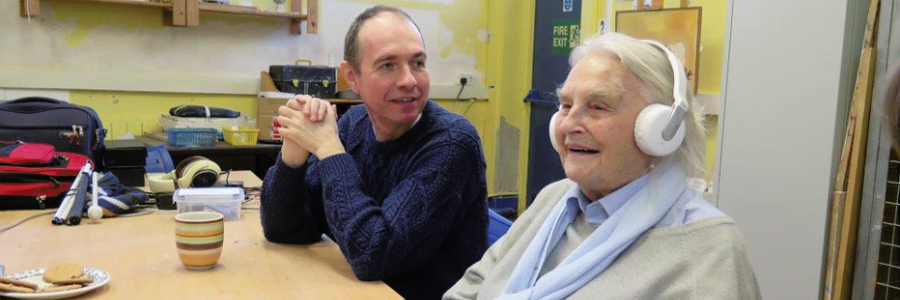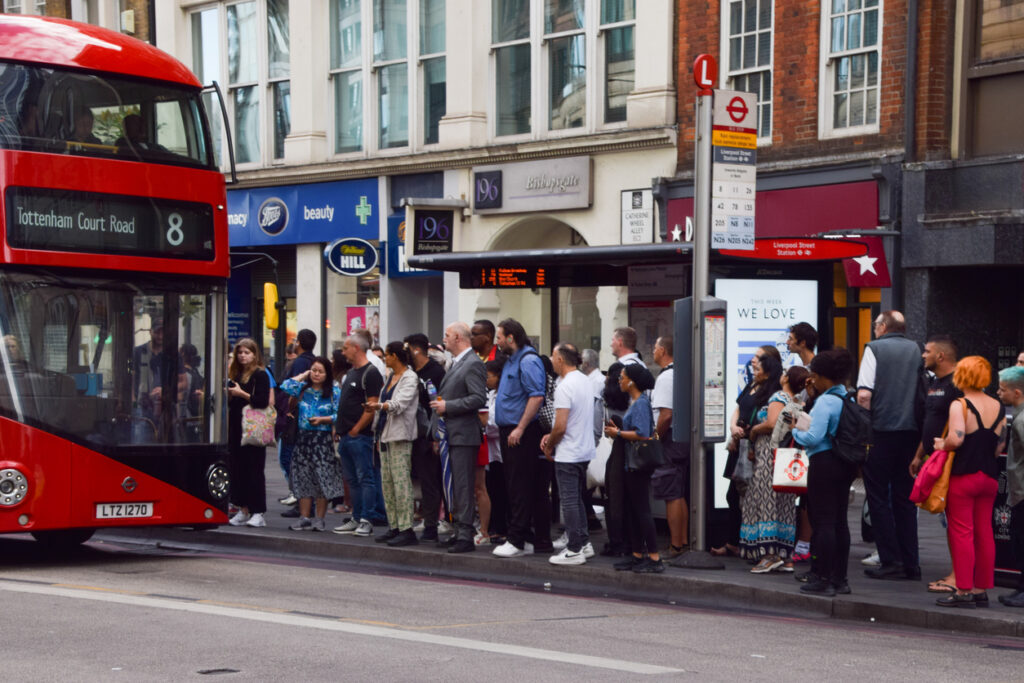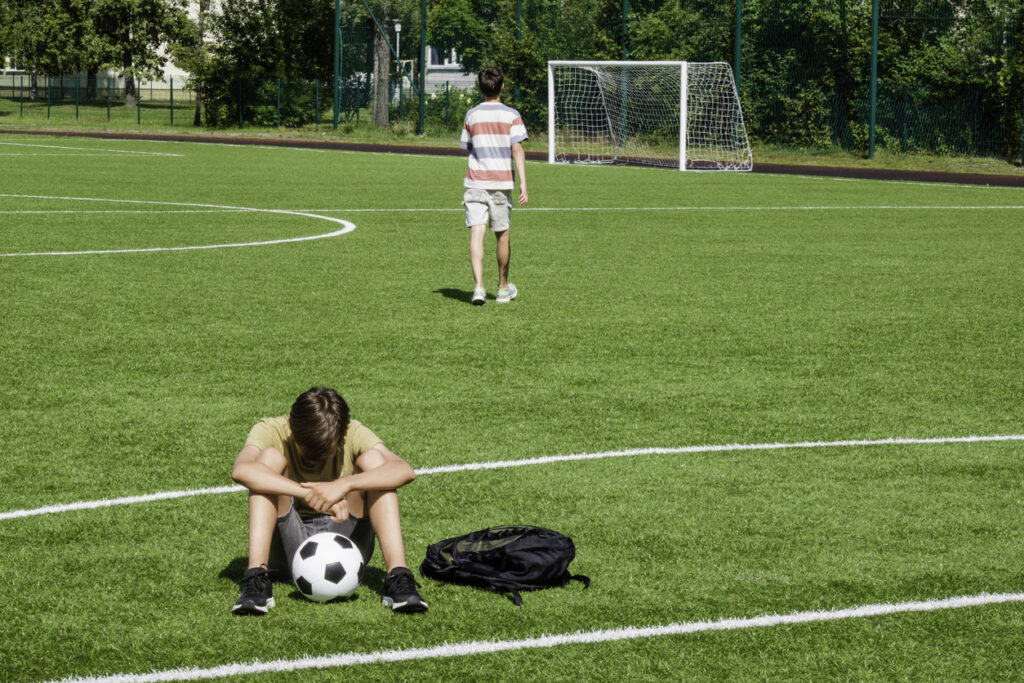Loneliness and isolation in the visually impaired community

In our latest blog post, Kim Creus from Vision Foundation / Fight For Sight shares their plans to support community-led projects designed with visionally impaired people which target the impact of loneliness and isolation on mental health and wellbeing.

Sight loss and the impact on loneliness, isolation and mental health
Loneliness is bad for you, mentally and physically, and has been classed a national epidemic due to the prevalence across the UK.
Research conducted by the government found that people with a disability are more than twice as likely to have experienced difficulties with unhappiness or depression than the UK average [UK Government, Department for Culture, Media and Sport, 2022].
There are few studies which explore a direct link between sight loss and isolation and what there is, is complicated! It’s clear a bit more digging needs to be done. We know from a survey of our own from 2019 that loss of sight combined with wider societal issues, such as barriers to accessing transport, employment and technology, led to 80% of blind and partially sighted people reporting that they were sometimes, often or always lonely. In 2023 in order to dig a bit deeper, we commissioned researchers from Abertay University to:
- Conduct a critical review of existing research on sight loss and the impact on loneliness, isolation and mental health.
- Provide qualitative analysis on the impact of loneliness, isolation and mental wellbeing on people with sight loss.
- Provide recommendations on:
- evidence gaps and priorities for future research,
- key priorities and actions for the sector and wider society.
With this knowledge and the recommendations presented by the researchers, we can fund vital projects to implement changes and meet the need.
What we can do about it now
Over a three-year period, we plan to support community-led projects designed with visionally impaired people which target the impact of loneliness and isolation on mental health and wellbeing.
Using an approach tested through our work on unemployment (See My Skills), we can begin to tackle loneliness and isolation through targeted grants, awareness events and public campaigning.
We will build on a successful track record of work we have funded which actively addresses this issue. Examples of projects we have supported include:
- Telephone befriending
- Inter-generational letter and audio friendship project
- Community-based dance programme to engage young visually impaired people from the Asian community
- ‘Music Makers’ sessions, for visually impaired children with profound learning difficulties
- Assistive technology training to older visually impaired people on use of computers, smartphones and e-readers
What happens after
We, as one organisation, won’t be able to prevent loneliness or the routes out of it, it’s a complex issue which spans age groups and demographics. But we can use our unique position as a funder to support grassroots organisations across the UK, influence policy makers and the public, and raise awareness.





Responses